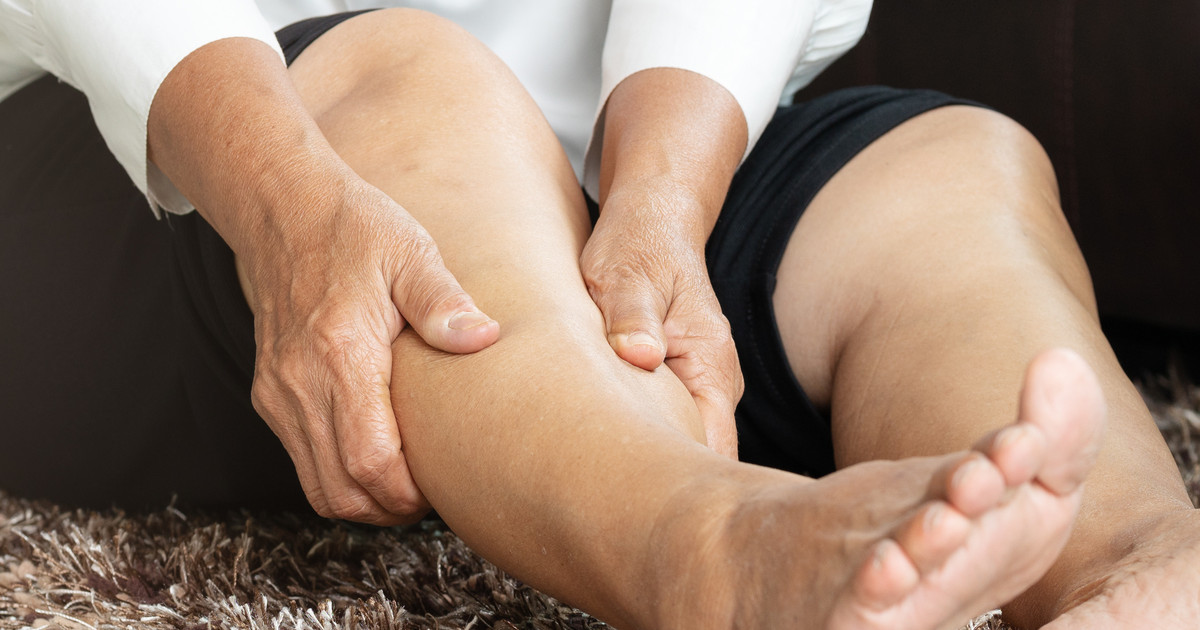The Health Benefits Of Resistance Training
When individuals are looking to try and lose weight, the majority think about intense cardio exercise, starting with sessions on the treadmill or elliptical machines. While cardio is a great exercise to incorporate into a workout regime, it is not the only crucial component. Many forget about the powers of resistance and strength training, which leaves many health benefits in the wind. Engage in resistance training to let your body reap significant rewards!
Decrease Risk Of Serious Medical Conditions

One of the lesser known health benefits of resistance training, though it is a significant one, is the fact that this exercise can dramatically decrease an individual's risk of many serious medical conditions. One such condition is osteoporosis, a common condition among the elderly, which is low bone mass and the significant deterioration of bone tissue. Studies indicate resistance training, particularly with weights, helps increase bone density within as little as six months, which can prevent osteoporosis, or help slow its progression once it has occurred. The other major condition resistance training helps to prevent and manage is arthritis, once again due to the increased bone strength. Finally, of course, resistance training works just like other types of exercise in improving overall physical health, including cardiovascular health, and the prevention of conditions like heart disease and diabetes.
Improve Stamina And Strength

Although resistance training does not move nearly as fast as intense cardio, it will still cause individuals to work up a sweat and leave them panting for air by the end. As you continue to practice resistance training regularly, watch other aspects of your daily life and how they become easier. For instance, when some individuals may have struggled to lift their children, carry out intense chores, or even walk long distances, resistance training can help make these simple tasks much easier. No longer will muscles strain while holding a child or carrying a basket of laundry up the stairs, or when walking for half an hour to work in the morning. Remember to continually increase the difficulty of resistance training to keep it challenging and to maximize your strength and stamina.
Reduce Chances Of Injury

Injuries are quite a significant concern when it comes to individuals starting a new exercise regime or exercising at a high intensity and frequency. Straining muscles too much is not healthy, which is why warming up and stretching before exercise is crucial. However, many forget resistance training, such as using a resistance band to strengthen the arms, which also helps build stronger connective tissue and improve joint stability. This reinforcement, especially in addition to stretching prior to a workout, provides incredible protection against exercise-induced injuries, such as pulled muscles.
Stay Flexible And Balanced

Resistance training, similar to stretching often found in yoga or exercise warm-ups, is great for stretching muscles and improving flexibility and balance. It even helps improve posture! This is great for young individuals, of course, but is crucial for the elderly, as improved flexibility and balance can not only help reduce the potential for falls and injury but also by proxy improves mobility and extends their independence, something many individuals highly value. Resistance bands in particular, both for the arms as well as the legs, are great at doing this and are simple enough for anyone to pick them up without too much difficulty. Many resistance band brands even come with sample exercises to try.
Improve Overall Well-Being

According to extensive research and studies, exercise is one of the four most effective methods of treating issues with mental health, such as depression and anxiety. This applies to all forms of exercise, of course, but evidence suggests it could apply to resistance training in particular. One such reason is that resistance training is fantastic at loosening tight muscles, which encourages the release of endorphins, known as the body's happy chemical. Furthermore, resistance training helps improve an individual's strength, and if individuals feel stronger, they are often in a better position to fight symptoms of depression and anxiety. This is particularly true as an increase in strength is often linked to increased self-esteem. For more information on the mental health benefits exercise provides, try checking out How Daily Exercise Can Better Your Mental Health. Ready to reap the rewards of resistance training? Unlike the act itself, the benefits are likely to come without much resistance so long as you practice this type of exercise regularly.
Improved Posture

As long as you use the correct form while performing resistance training exercises, there will often be a marked impact on posture. However, you must use the correct posture as you exercise. If you have improper form, you'll be more likely to injure yourself and need to take a long break from physical activity in general. Those who aren't sure what proper form looks like should get a personal trainer, friend, or gym expert to demonstrate the exercises. They can give you tips for how your shoulders, hips, and feet are meant to align. When you master this posture, you'll find yourself using it in day-to-day life. Aligning your shoulders and hips properly can take pounds of pressure off of your neck and spine. Many individuals notice a significant reduction in back pain and overall aching. It also helps that good posture makes you look tall and confident.
Weight Management

Resistance training is a vital part of any weight management plan. Any expert will agree exercise is one of the vital components of weight loss. But some individuals don't want to do strength training because they prefer the benefits of cardio. It's true that cardio workouts burn more calories and don't build muscle to the same extent. Being worried that putting on muscle will add weight to the scale is a logical enough fear. But whether you're trying to lose weight or become stronger, failing to use resistance training is detrimental. Cardio workouts alone cause the loss of lean muscle mass, which tricks your metabolism into believing you're starving, and in response, it will slow way down and all of a sudden, you're not losing weight anymore. You might even be gaining it. You need to incorporate strength training into your fitness regime if you want to rev up your metabolism and actually lose the weight. It's the healthiest bet for safe, long-term weight loss.
Boost In Self-Esteem

One of the biggest benefits of resistance training is that it boosts self-esteem. You end up feeling good about yourself, your life, and your goals. The effects aren't all related to cosmetics either. Sure, it's true you might look more toned and fit, but there are other effects at play too. One is that overcoming challenges and measuring your progress helps boost your self-esteem. Humans have a constant need to outdo themselves, make progress, and feel like they've done something to be proud of. Hitting a milestone is a fantastic way to do that. Even if you don't hit milestones, the little bits of progress build your self-esteem because you feel capable of working toward something. Resistance training also releases endorphins, which can act as a natural antidepressant. If you've been feeling lethargic, stagnant, and sad, increasing your fitness levels can be super helpful. Another component is that you'll just feel healthier. You can feel your metabolism and muscles functioning the way they're supposed to, and it feels good to be inside your body.
Muscle Toning

When you engage in resistance training, you'll experience muscle toning and definition. If you want to add to your muscle mass, it's important to eat a lot of calories and include a significant amount of protein in your diet. There are many nutritional guides available online for how to put on muscle mass when you exercise. Resistance training can tone different muscle groups depending on the types of exercises you're doing. If you're a beginner, you'll get maximum benefits by training just two or three times every week. Some of the most common forms of resistance training for beginners include resistance bands, weight machines, free weights, and the use of your own bodyweight for resistance. You're more likely to experience increased muscle definition if you do many sets with several repetitions of an easy exercise, rather than pushing yourself to handle more weight than your body's ready for. You have to work yourself up gradually. Slow and steady progress is much more measurable than bursts of hectic adrenaline.
Pain Management

Resistance training has a very important place in pain management, which is why many chronic pain patients are asked to go to physical therapy or try exercising at home. It can seem impossible to do at first, and it's important not to push yourself. In fact, some individuals may have exercise intolerance, and they should always consult their doctors before beginning a new exercise regimen. But by strengthening your muscles, your body doesn't need to exert as much energy and effort to do tasks, which makes it easier to walk, stand, pick up objects, stretch, and just move in general. This can be especially true for those whose chronic pain is related to muscle tension or fatigue. The weaker the muscles are, the harder it is for them to respond to the body's needs. Another note is that muscle tone decreases with age except for those who actively prevent this with strength training. Decreasing muscle tone can be a significant contributor to increasing pain.
